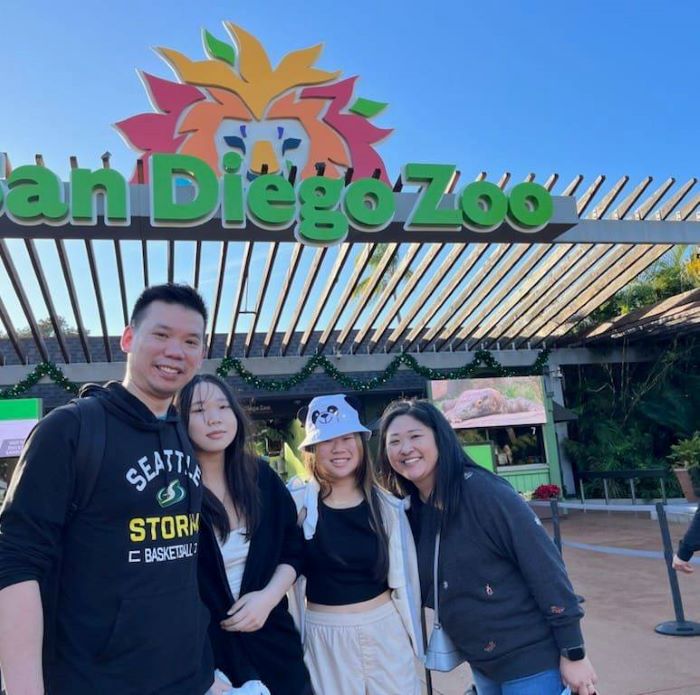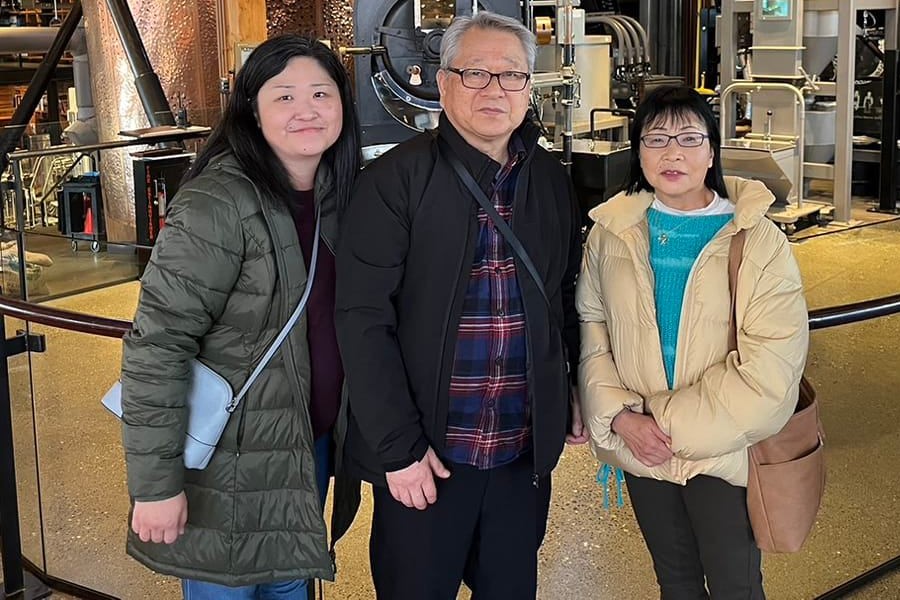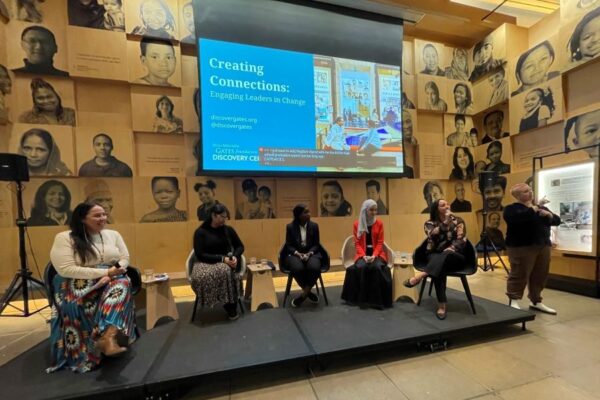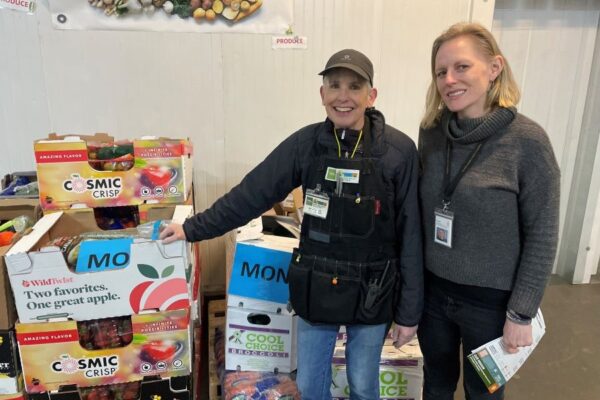Desiring to be heard is part of our humanity
May is Asian American, Native Hawaiian, and Pacific Islander Heritage Month! According to the U.S. Census Bureau, Asian American, Native Hawaiian, and Pacific Islander Heritage Month began as Asian/Pacific American Heritage Week in 1978 with a joint congressional resolution. Congress expanded the observance to one month in 1992, renaming it Asian American and Pacific Islander Heritage Month.
In 2022, the Biden administration designated May as “Asian American, Native Hawaiian, and Pacific Islander Heritage Month,” reportedly to bring broader visibility to Native Hawaiian and Pacific Islander communities.
At the start of this year’s Asian American, Native Hawaiian, and Pacific Islander Heritage Month, we’ve invited Keiko Chu-Yamada (left in photo above), United Way of King County executive assistant to the Office of the President, to speak about her journey from her hometown of Kumamoto, Japan to the U.S., and how embracing self-advocacy has been a godsend.
I was born in Kumamoto, Japan, a city that is known for its great seafood. That is because it is close to the sound, like the city of Seattle. I often think of my hometown when I come into the office downtown, which is close to the waterfront; I love the smell of the sea and it always makes me think about my childhood.
Before moving to the US, I studied English as a Second Language in Alberta, Canada for a year, so I thought I had pretty good ideas about what to expect here. Also, I had been versed in English because I majored in English Oral Communication at college in Japan. In 2005, I moved to Washington state due to my marriage.
But living in Canada to learn the language and then moving to the U.S. to live were totally different experiences. Here, I felt alienated, and it felt so hard to find a community where I felt like I belonged.
In the beginning, I was scared to speak up, because I didn’t know whether it was the right thing to do. But I learned that if you don’t verbalize your concerns, advocate for yourself, and let people know what you’re thinking or what your opinions are, they will not notice you.
And that’s not good for people whose English is a second language.
Sometimes, it can be a challenge simply being heard, not just understood. When I first arrived in Washington state, I applied for jobs at a time when it was common to screen people over the phone.
I had a lot of phone interviews, and I was really nervous because it’s very different from being in person. I often mumbled a lot, and I think that confused people. Many recruiters would say, “I don’t understand what you’re saying.” And that was really challenging, but I never gave up because I knew, eventually, I would connect with people who would see me for who I am and what I can do
Various lived experiences in Seattle made me realize advocating oneself and standing up for what’s right are most fundamental elements as a non-native English speaker. That was how I approached my work at many jobs, from working as temp staff to my first tenure at United Way of King County, which was from 2007-2011. But sometimes, working those jobs was so painful in terms of diversity. It felt like as a person of color, your concerns weren’t always taken seriously.
At times, I felt used up as a person of color. Sometimes, I felt like my voice didn’t matter or that it was pushed aside or minimized. I would voice my opinion about things, but at the end of the day, nothing changed. I was trying to advocate for myself and on behalf of other employees of color, but it felt like I was stuck.
But I decided to return to United Way when my old boss called out of the blue to say that United Way had a position that she felt I was a good fit for. This time around I feel like I can fly. My new boss encourages me to be curious and I feel like I’m free in terms of how I think about things. And I like the fact that everyone really cares about what we’re doing in the community and that it’s wrapped around racial justice. That makes my heart warm.

I have been able to find connections in my community, particularly after my children were enrolled in the school system. I became a member of the racial equity committee of our school’s PTSA and I have conversations with the school’s teachers, engaging in conversations about things they should be aware of.
One day, when my oldest daughter was six years old, two white boys at school began teasing her and calling her “flat face.” That was tough, especially for my daughter; she couldn’t defend herself. And the funny thing is that I knew the parents of the two boys; that made it really awkward, because I don’t think kids simply make up things like that to say.
The incident motivated me to go to the classroom and talk to the students about the importance of embracing culture. I think the culture of the school shifted, because kids there are now more curious to know about different people. That is a good thing, because not all white people are the same, nor are all Asians.
Even though I’ve learned to advocate for myself, there are times when I still feel isolated and defeated. One thing I always try to keep in mind is to have some humanity no matter who I talk to. Because I know negativities, hatred, and bitterness don’t get us anywhere, but rather take us further apart. I may not be a perfect human being, but I want to be thoughtful and kind to all creatures.
It is like a quote from Archbishop Desmond Tutu: “My humanity is bound up in yours, for we can only be human together.”





Comments